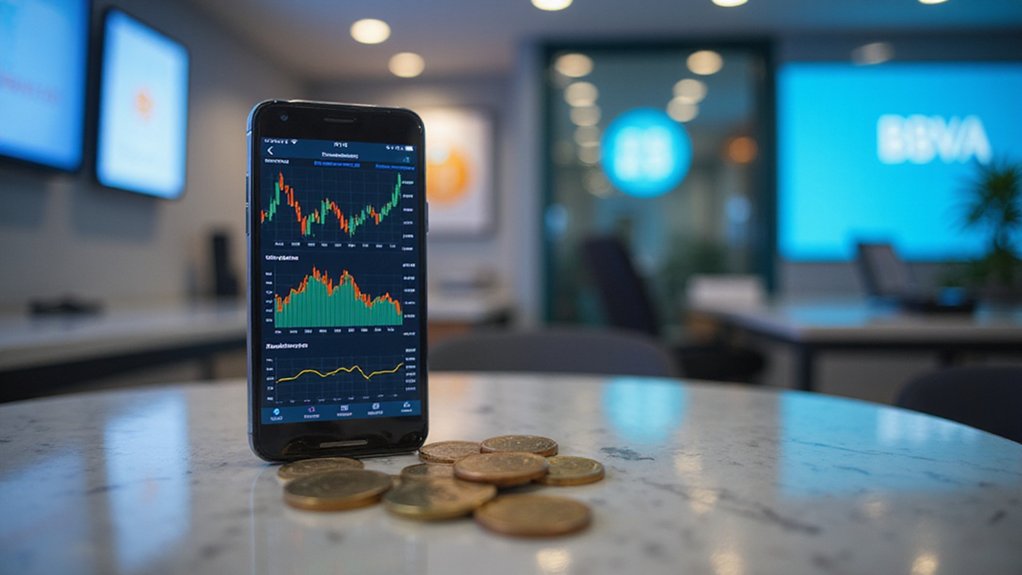While most cryptocurrency exchanges struggle to establish meaningful footholds in emerging markets, Binance has managed to weave itself into Kenya’s financial fabric with the kind of thoroughness that would make colonial administrators envious—though admittedly with better user interfaces and fewer obvious exploitative overtones.
The numbers tell a compelling story of market penetration that borders on the mathematically impressive and strategically concerning. With over 4.4 million active cryptocurrency users in Kenya, Binance has positioned itself not merely as another exchange option but as the dominant force in peer-to-peer trading—the pivotal infrastructure that transforms digital assets into actual purchasing power for local users. When 74% of Kenya’s population sits under age 35, Binance’s timing appears less coincidental than surgical.
Binance’s dominance in Kenya’s crypto landscape appears less like market evolution and more like strategic colonization.
What makes this influence particularly significant is how seamlessly the exchange has integrated itself into Kenya’s governmental aspirations. Officials like John Tanui from the Ministry of Information speak enthusiastically about collaboration, viewing Binance as instrumental in Kenya’s “Silicon Savannah” ambitions. The irony is palpable: a nation seeking technological sovereignty through partnership with a global crypto behemoth that maintains a commanding 36.5% share of centralized exchange volume worldwide.
Binance’s regulatory engagement strategy in Kenya demonstrates sophisticated market entry tactics. Rather than bulldozing through regulatory uncertainties (the approach favored by certain Silicon Valley unicorns), the exchange emphasizes cooperation with law enforcement on scam prevention while advocating for “clear guidelines”—corporate speak for regulations that don’t impede profitable operations. The exchange’s ambitious goal of achieving 20 percent crypto penetration in Kenya within 24 months reveals the scale of its market expansion strategy. However, this centralized approach contrasts sharply with the growing preference for Web3 wallets, which offer users direct control over their digital assets without relying on exchange custody.
CMO Rachel Conlon’s public praise of Kenya’s digital finance progress reads like diplomatic foreplay, establishing goodwill before more substantial commitments. This stands in stark contrast to the company’s experience in Nigeria, where Binance faces an $81 billion lawsuit for alleged money laundering and tax evasion.
The financial inclusion narrative provides convenient justification for this market dominance. Binance’s P2P platform genuinely facilitates remittances and alternative financial services for populations traditionally excluded from banking infrastructure. Yet this beneficial outcome doesn’t negate concerns about concentration risk—when one platform controls the primary gateway between crypto and fiat currency, the line between market leadership and monopolistic control becomes uncomfortably thin.
Kenya’s embrace of Binance reflects broader tensions in emerging market digitization: the desire for technological advancement often necessitates accepting dominant foreign platforms, potentially trading future autonomy for present convenience.









